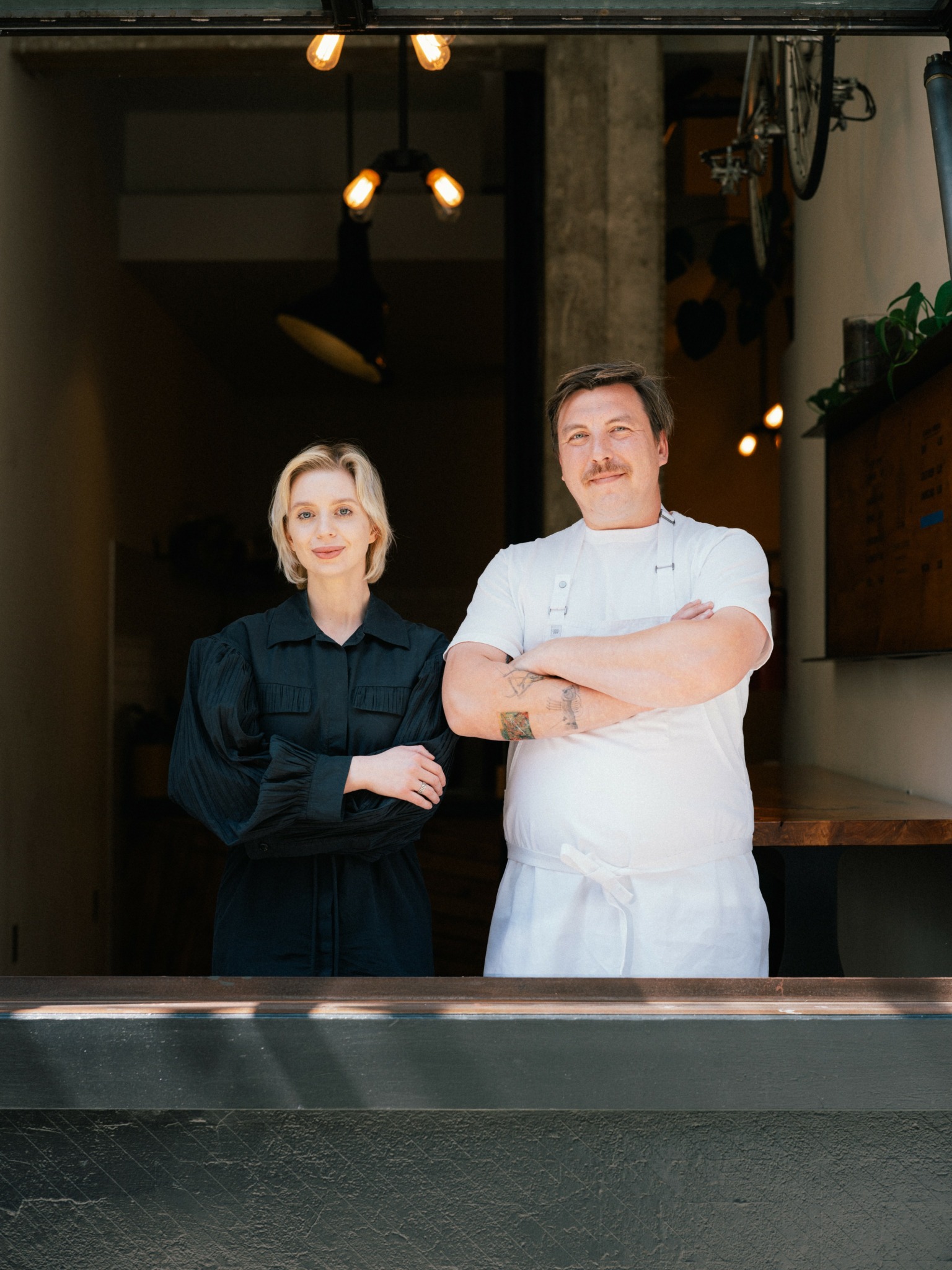We caught up with the brilliant and insightful Aleksei Kvasov a few weeks ago and have shared our conversation below.
Aleksei , thanks for joining us, excited to have you contributing your stories and insights. What’s the backstory behind how you came up with the idea for your business?
The idea of creating the pop-up project “Take Me Back” was born not from a spark of inspiration, but after twenty years of working in the kitchen. Working in a restaurant is a kind of paradox: happiness through suffering. Endless routine, long hours, constant pressure – and all this for the sake of that short moment when a guest smiles, trying your food.
At some point, we realized that we were starting to lose touch with this moment. You cook, cut, put on plates and serve – but you stop understanding why you are doing it. The beauty of gastronomy is buried under checks and the demands of the chef. Like many others, we found ourselves in a crisis of meaning.
That’s when the idea came to mind: what if we did everything differently?
what if you didn’t have to suffer first to be happy?
what if we could break out of the daily routine and remember why we started cooking in the first place?
This is how Take Me Back was born – not for the sake of a career, but for the sake of saving ourselves. This is our way to return to our roots, to emotions, memories, to the tastes that have shaped us. We create dinners where food becomes a bridge between the past and the present, between us and our guests.
Through food – to a better life
This project is not about exquisite dishes or the pursuit of fame – it is about the search for meaning. With each new discovery, we return what we almost lost: pure love for cooking, the taste of life, the deep meaning that lies at the heart of the craft.
Take Me Back is not just a pop up restaurant. It is a conversation – with yourself, with the past, with people.
And perhaps this is a small step towards a better life – through food.

As always, we appreciate you sharing your insights and we’ve got a few more questions for you, but before we get to all of that can you take a minute to introduce yourself and give our readers some of your back background and context?
Alina studied in France and lived in Italy for years. Alexey was a chef of classic French cuisine. We both took very different roads to gastronomy — but we met in San Francisco, at a moment when each of us was trying to restart our life and career.
And paradoxically, it was this city that brought a Ukrainian chef and a Russian chef together — to cook French and Italian food. Because that’s where our hearts belong.
That’s how the pop-up project Take Me Back was born.
It’s not a restaurant. Not a business plan. Not a brand shaped by marketers.
We have no strategy — we simply cook the food we believe in. The kind of food that once saved us.
We want to set an example and inspire others — to show that no matter how hard things get, there’s always something inside you that can resonate with others.
Our food is what pulls joy out of us — and out of the people who come to our dinners and support what we do.
Since our project has no permanent walls, we get to make duck confit sandwiches with tarragon under Édith Piaf in a café just steps from the heart of Chinatown.
We can order 60-month aged Parmigiano from Italy — and grate it onto guanciale ravioli in a Spanish wine bar in the middle of the Mission District. And no one can forbid us from inviting an accordion player to the next dinner or from starting to ferment strawberries months ahead of the event.
Through flavor, we search for connection — for a way to be honest, alive, unpolished.
If anything sets us apart, it’s this: honesty and personality.
We’re not building a career.
We’re just trying to be happy.
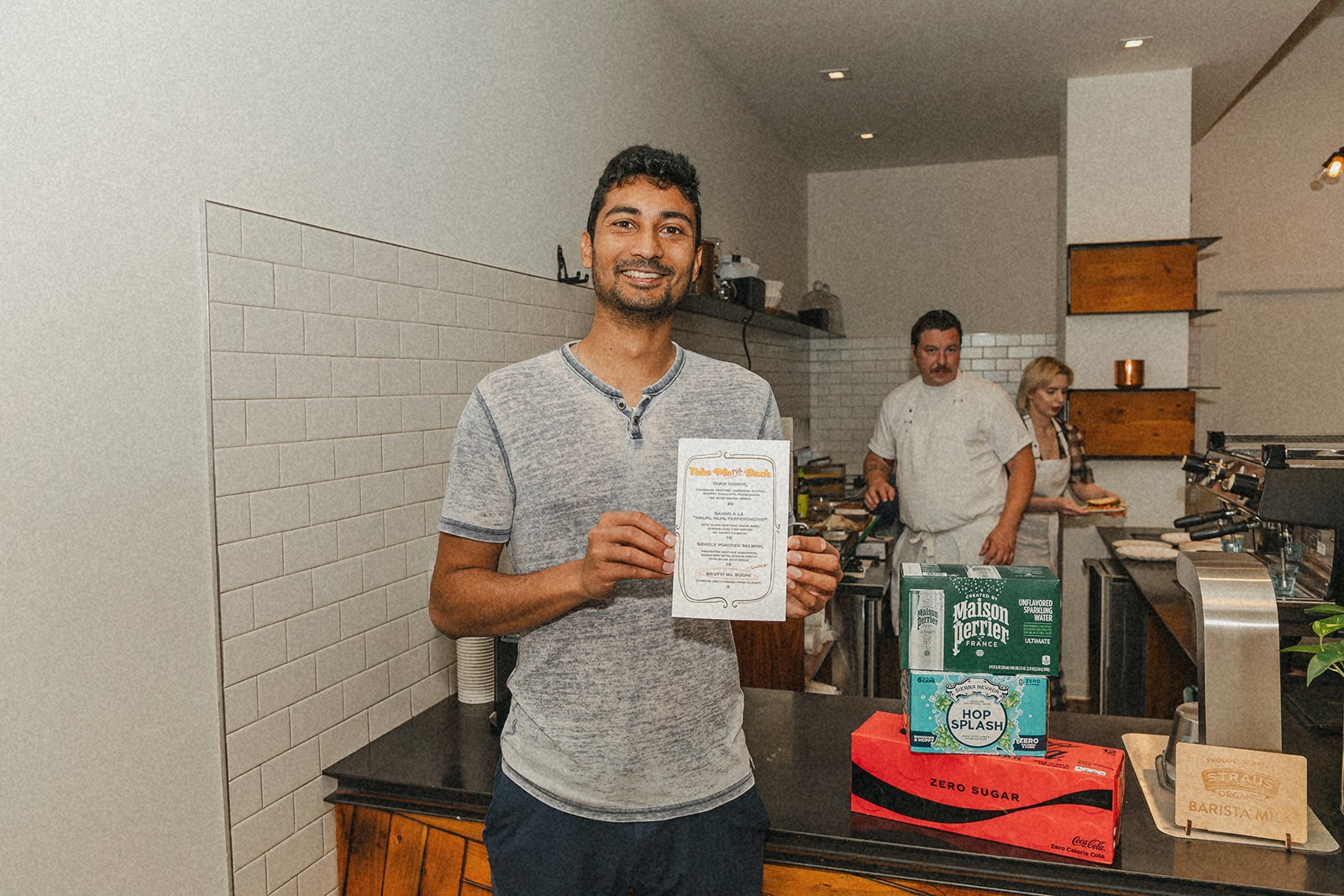
What’s a lesson you had to unlearn and what’s the backstory?
When you work in fine dining, whether you like it or not, you slowly become a snob.
Your world narrows down to the kitchen. Everything starts to revolve around perfection – the foie gras has to be just right, the chervil sprig must lie at the perfect angle. If it doesn’t, you feel a flash of rage, almost physical. You spend years mastering technique, and somewhere along the way, you forget that there’s a world outside your station.
When COVID hit, all of that suddenly became meaningless.
I didn’t realize it immediately — only later, when I found myself working on a rooftop in the suburbs of Philadelphia, laying down shingles.
That’s when it hit me: I had never truly been tired before.
Kitchen work? It’s not as hard as we chefs like to think. Everything is relative.
It was summer. Over 100 degrees. No glamor. Just heat, dust, and metal.
And that’s where I saw real labor – the kind that doesn’t come with stars or applause.
If, in the past, I had raised my voice at a cook for taking two minutes too long to make sabayon,
now I found myself unable to lift a heavy piece of siding —
and there was no sympathy from the crew.
Because if I didn’t lift it — the whole team finished late.
And that meant less sleep before another brutal day.
There, speed wasn’t about a guest waiting a few extra minutes for their plate.
It was about finishing the roof of a kindergarten.
And the forecast said it would rain the next day.
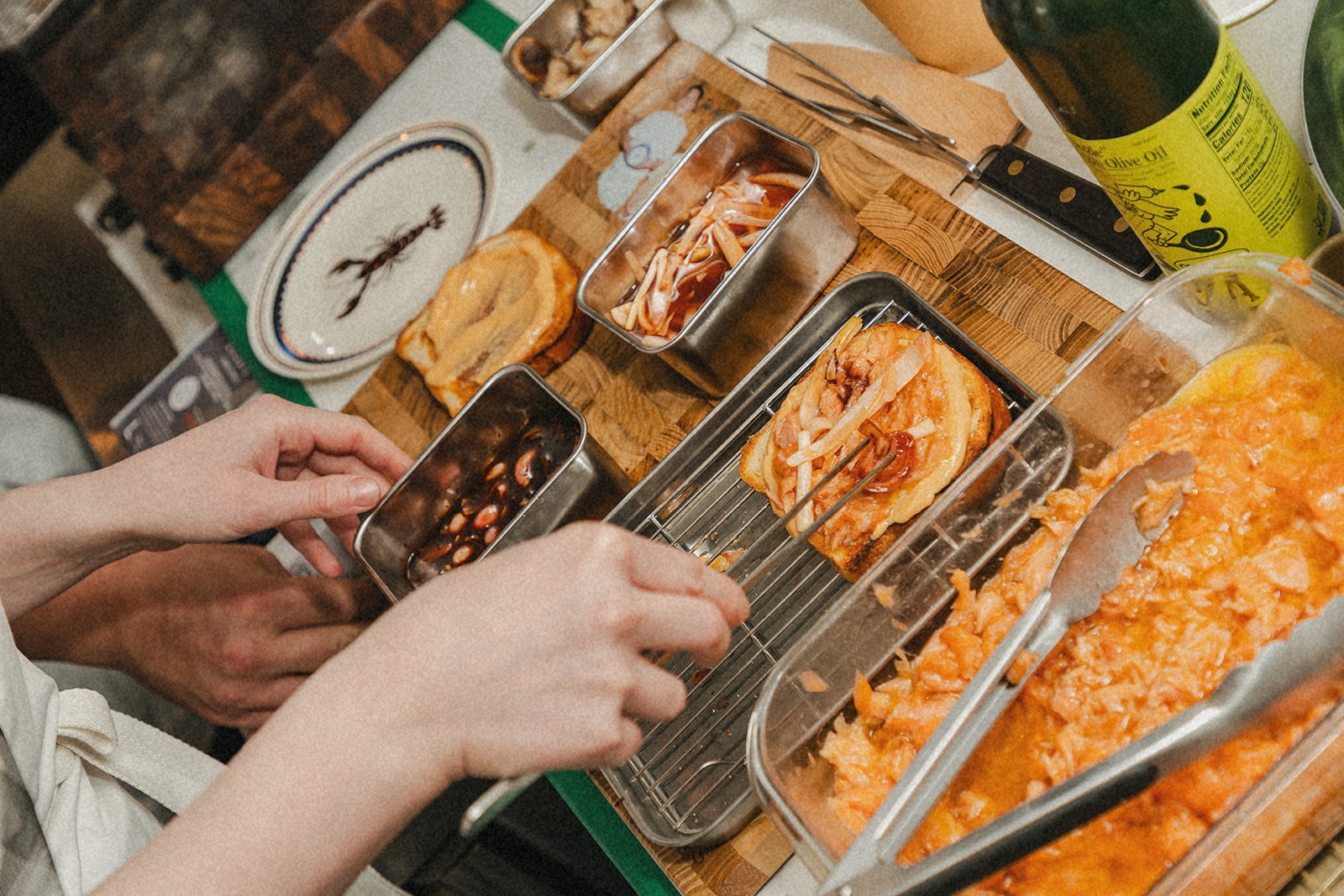
Contact Info:
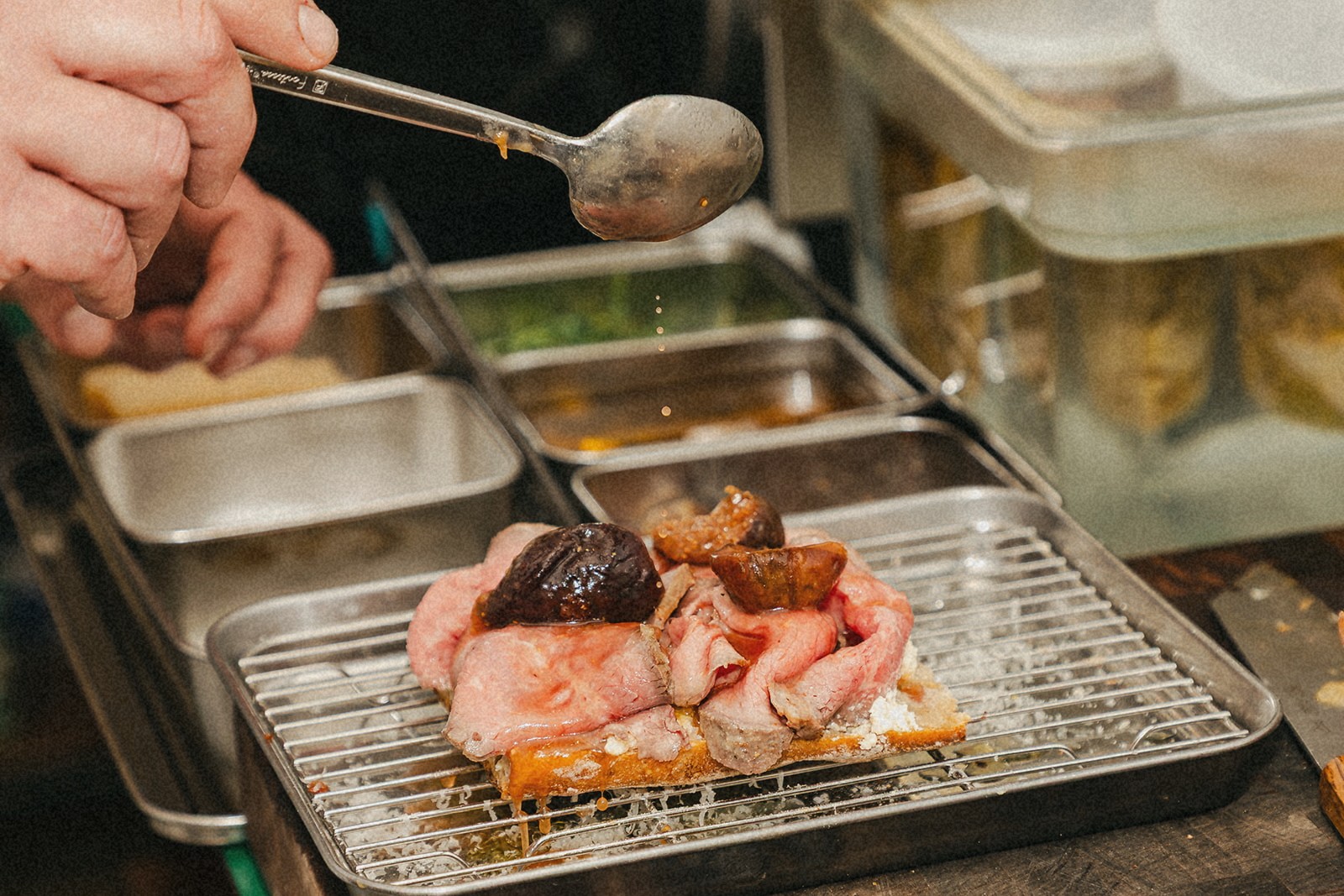

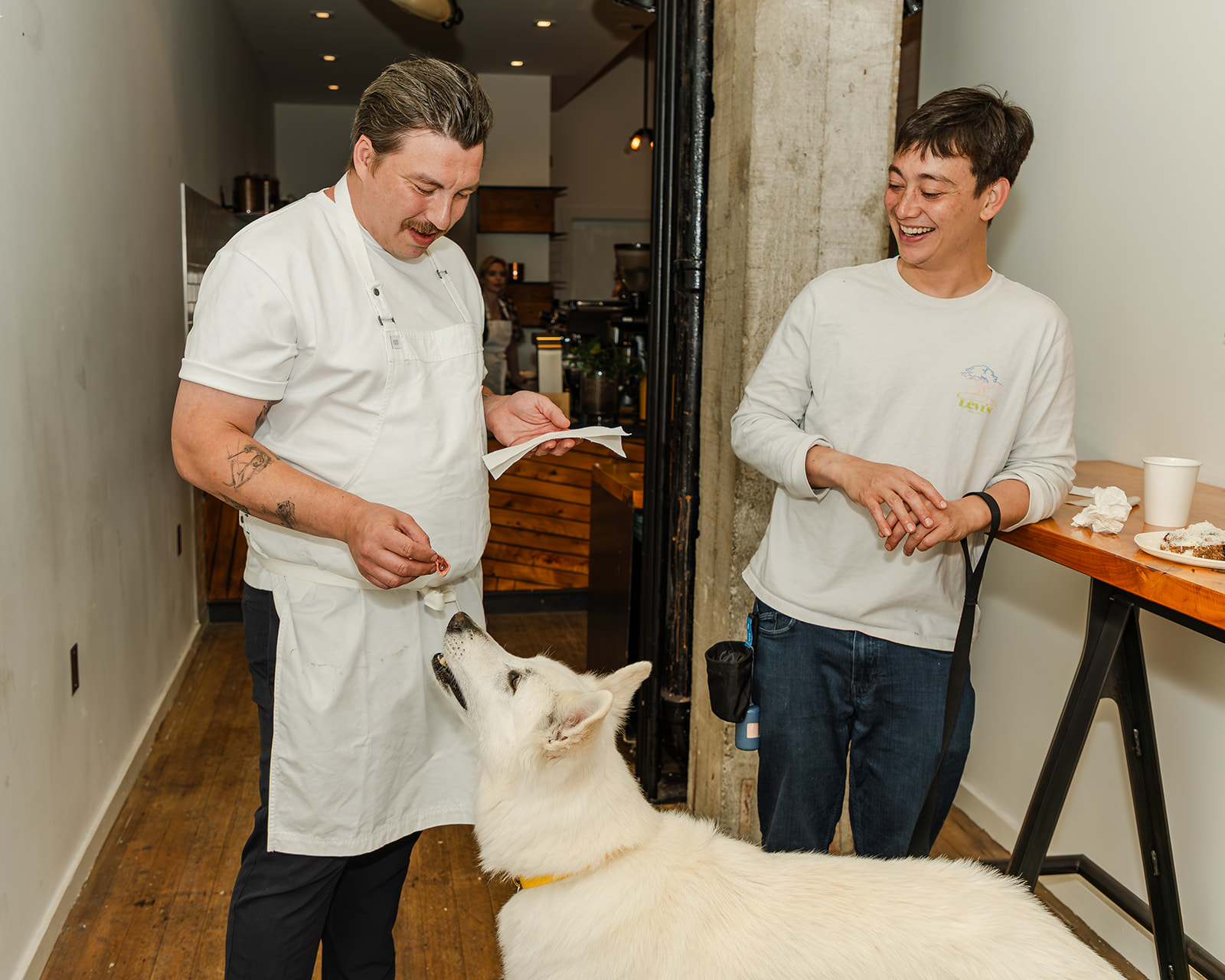
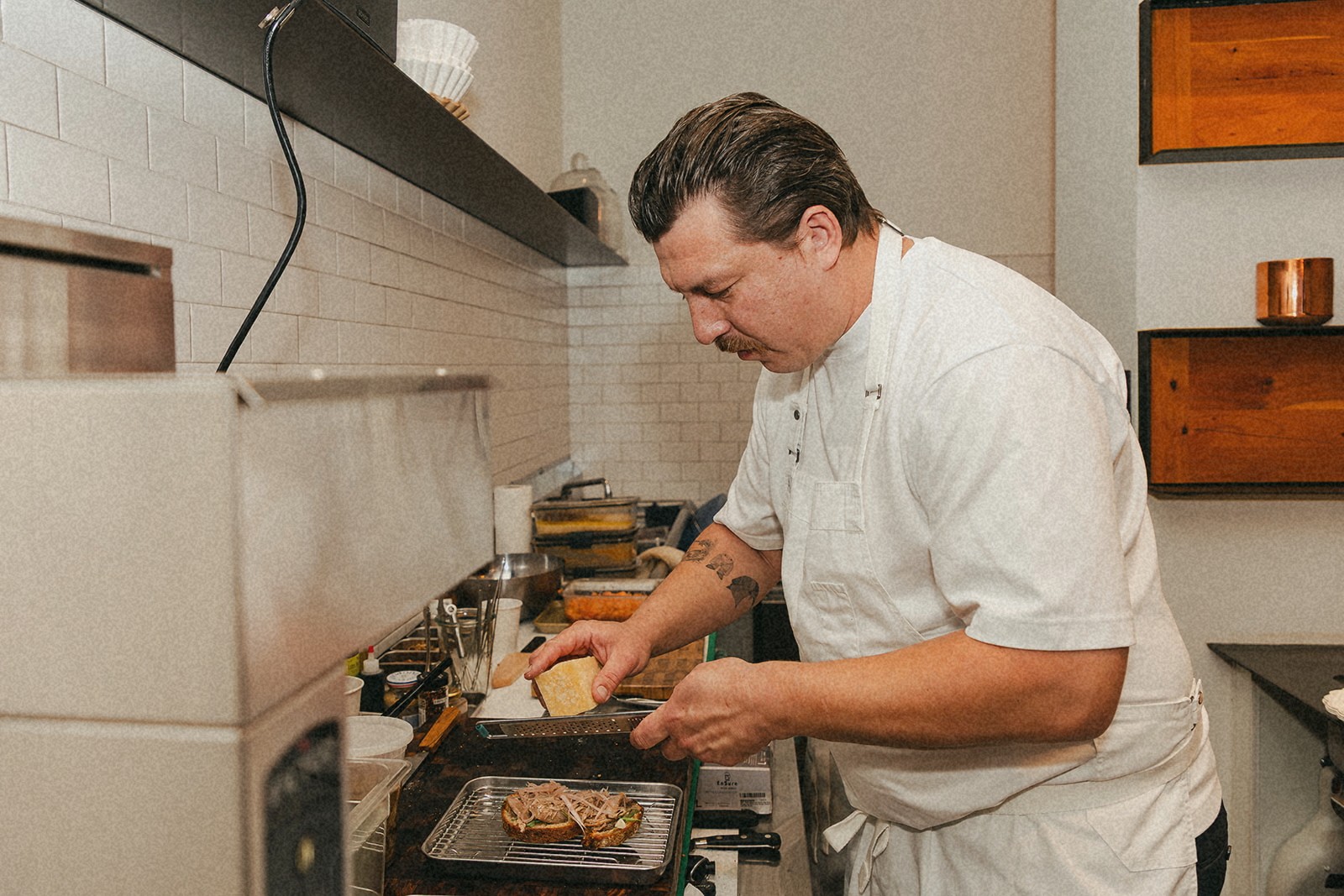

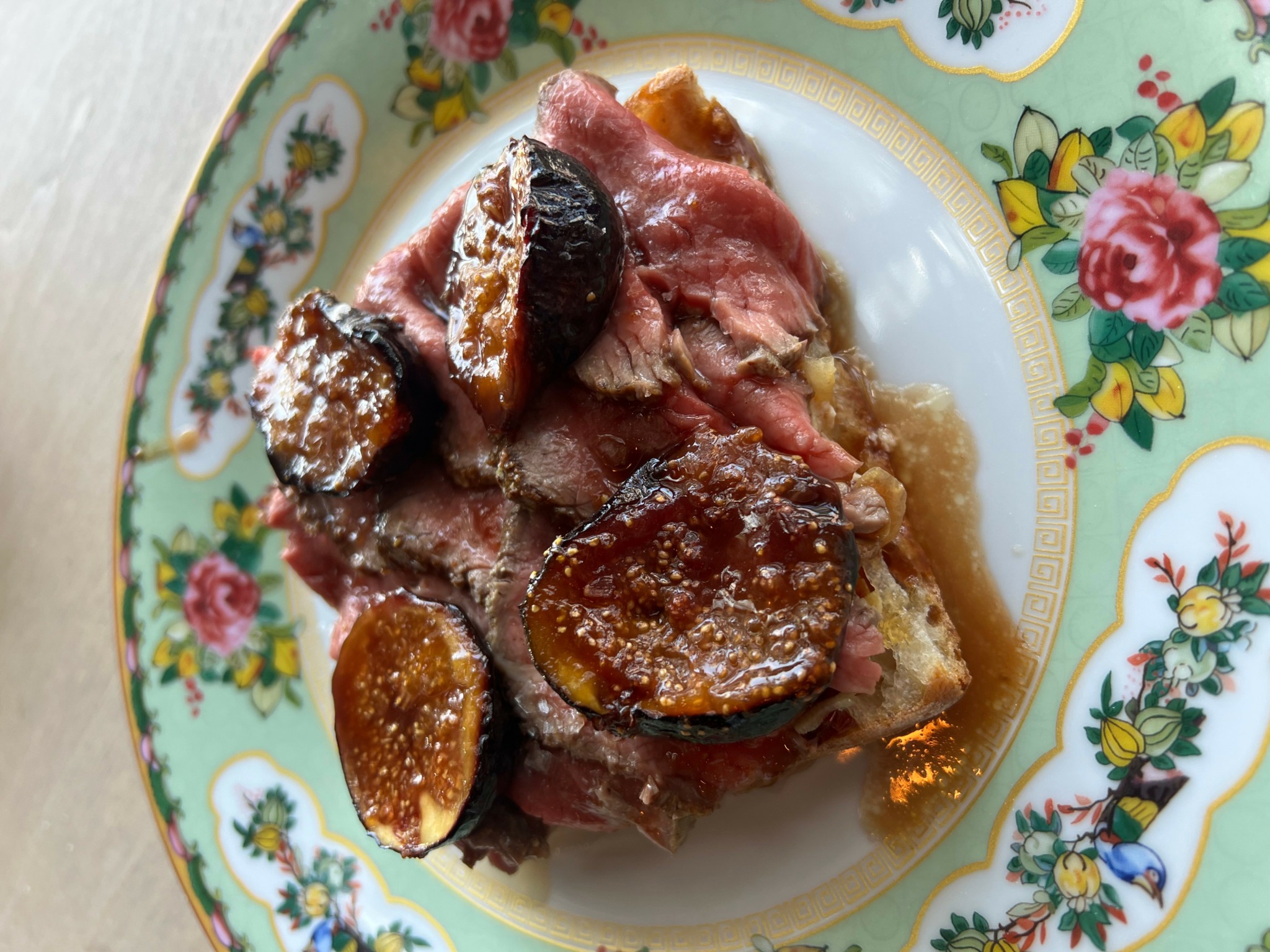
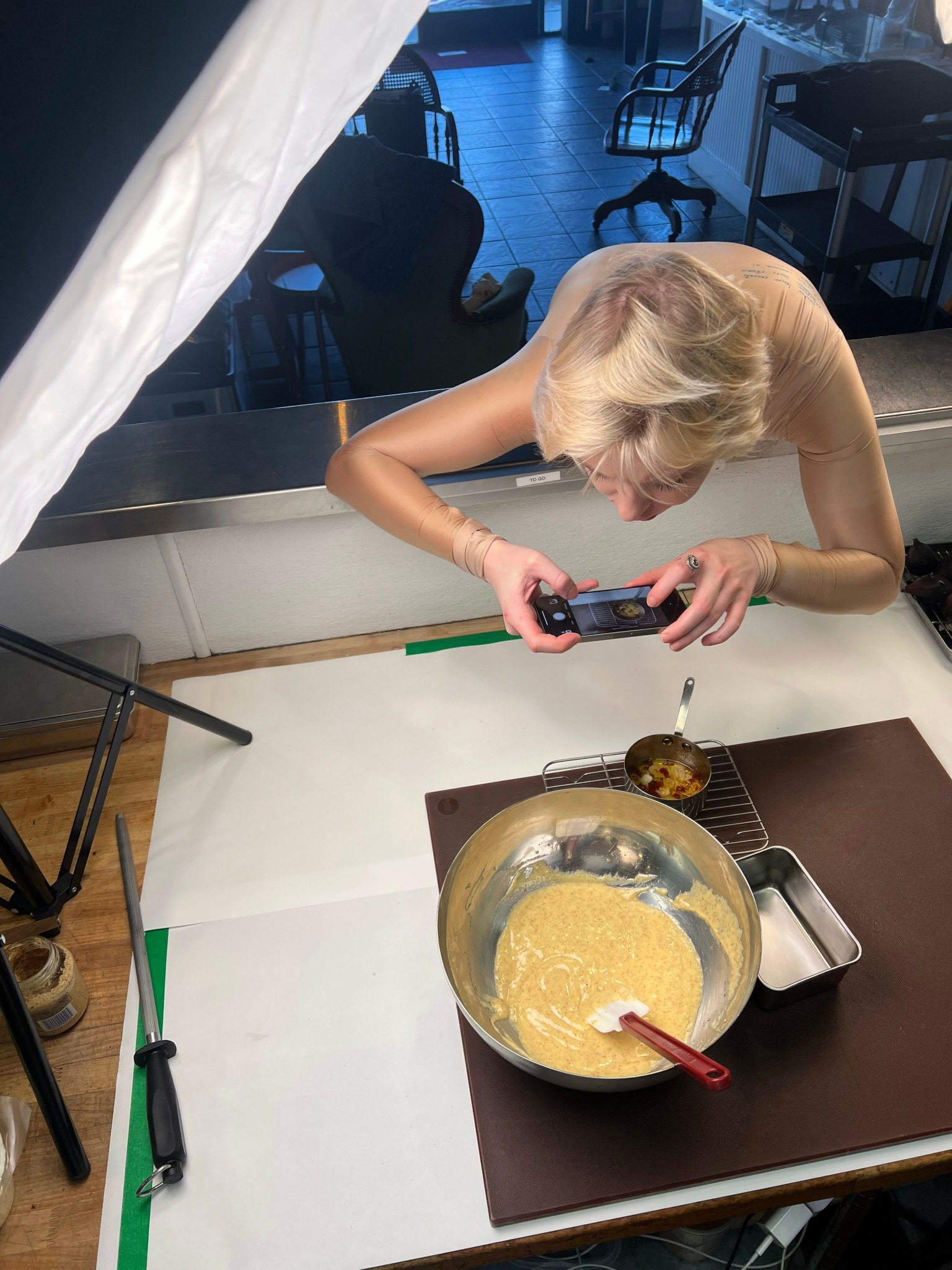
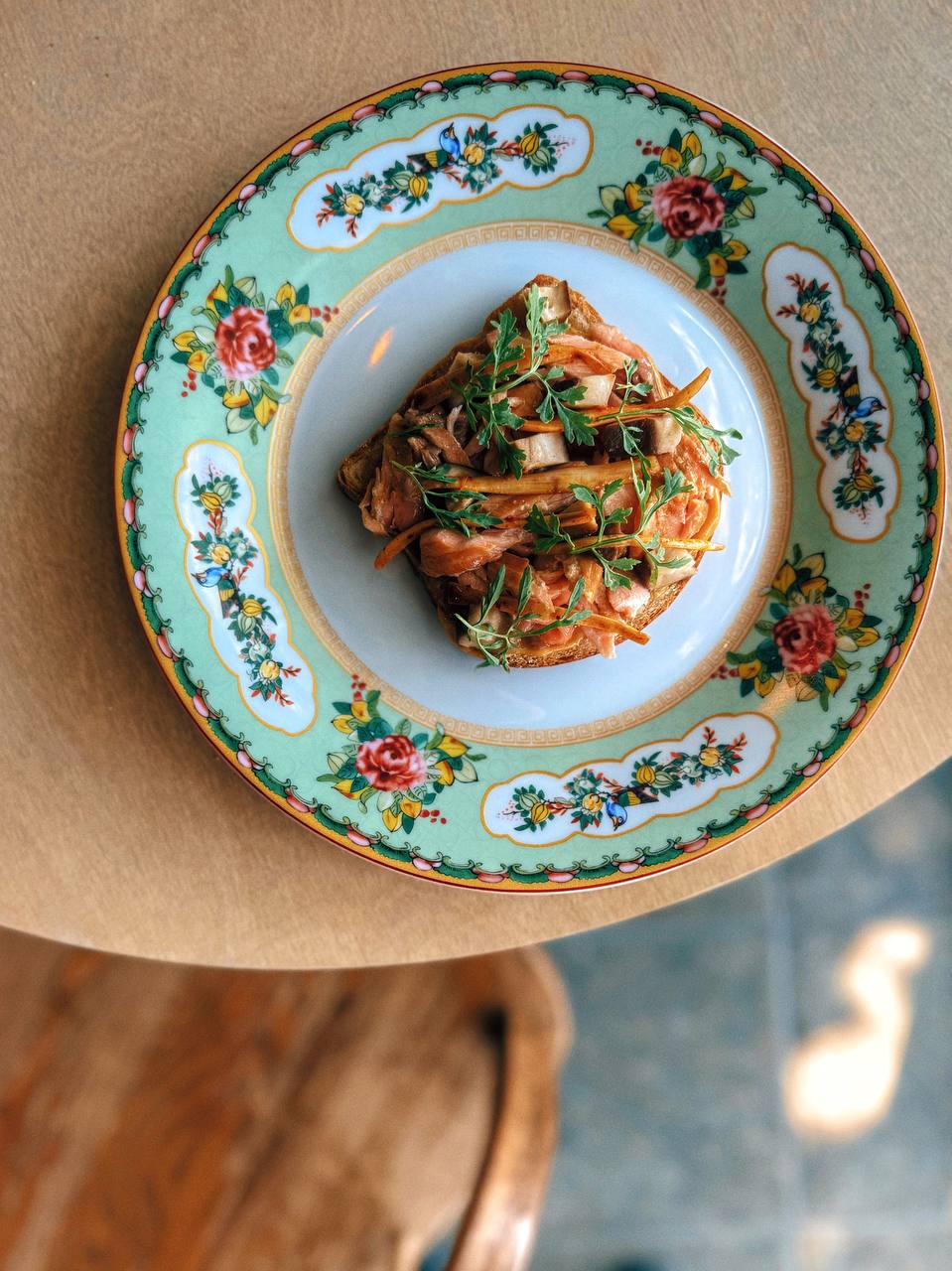
Image Credits
Take me back


